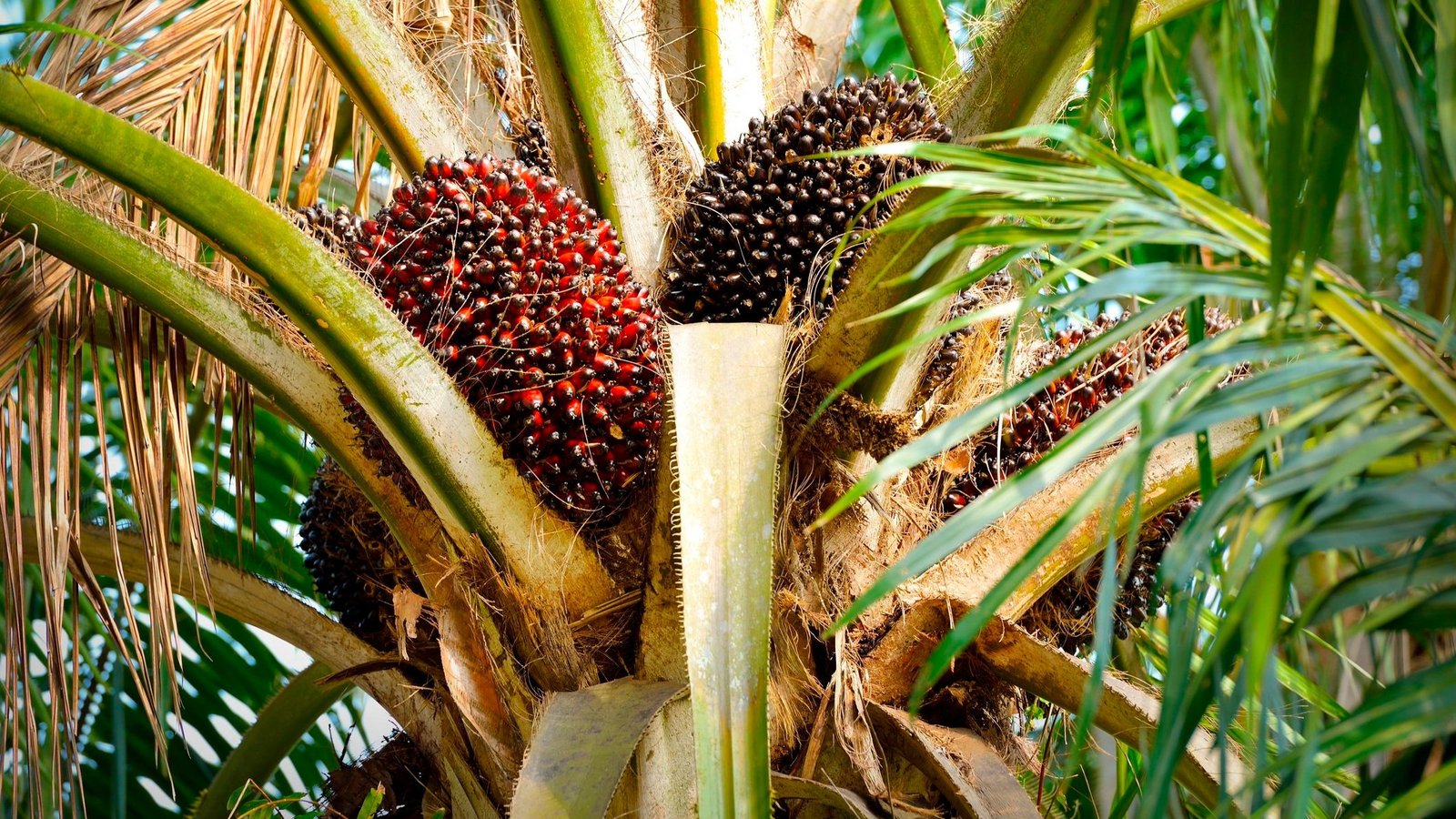Saturday, 21 February 2026

Image Source: iStock Photo
India has emerged as the largest importer of Malaysian oil palm seeds, signaling a new chapter in agri-commercial cooperation between the two nations. In 2024 alone, India imported 3.03 million tonnes of palm oil from Malaysia—17.9 per cent of Malaysia’s total palm oil exports—making it the top global destination. But beyond refined product flows, India’s expanding footprint as a buyer of germinated oil palm seeds underscores a deeper structural shift: the acceleration of domestic palm oil cultivation to reduce edible oil import dependency.
Driven by the National Mission on Edible Oils–Oil Palm (NMEO-OP), India aims to bring one million hectares under oil palm by 2025–26 and ramp up domestic crude palm oil production to 2.8 million tonnes by 2029–30. Current estimates suggest about 370,000 hectares are already under cultivation, with the northeast and island territories emerging as focal points of this agro-industrial transformation. As acreage expands, so too does the demand for quality planting material—making Malaysia, a global leader in oil palm R&D, a strategic seed supplier.
The seed trade, however, remains fragmented and largely informal. Transactions are mostly ad hoc, driven by business-to-business channels without long-term procurement frameworks. Still, the consistent flow of consignments and technical collaboration reflects India’s growing trust in Malaysia’s breeding expertise and seed quality. The Malaysian Palm Oil Board (MPOB), with its history of varietal innovation, is supporting Indian growers with high-performing planting materials and agronomic know-how tailored for tropical zones with sufficient rainfall.
This collaboration comes at a time when Malaysia’s palm oil exports to India have seen modest moderation, partly due to New Delhi’s calibrated tariff reductions on crude palm oil. These adjustments are aimed at enhancing domestic refining capacity and managing inflationary pressures on edible oils. Yet, while bulk oil flows recalibrate, the long-term partnership on planting materials is poised to deepen—anchored in a shared goal of building resilient, sustainable supply chains.
Malaysia continues to invest in upstream R&D, unveiling new high-yield oil palm varieties that deliver over 30 tonnes of fresh fruit bunches per hectare—nearly double the national average of 15.5 to 16.7 tonnes recorded between 2020 and 2023. These next-generation hybrids not only promise greater productivity but also exhibit slower vertical growth, extending plantation lifecycles and improving labor efficiency. While still in development, climate-resilient strains with drought tolerance are also on the research horizon, offering future-proof options for regions grappling with erratic rainfall.
Malaysia’s palm oil innovation ecosystem is aligning with India’s strategic cultivation goals, presenting opportunities for structured seed diplomacy. As India scales its oil palm landscape, the challenge ahead lies in formalizing the seed supply chain, embedding quality assurance mechanisms, and translating varietal potential into farmer profitability. For now, India’s role as the top buyer of Malaysian oil palm seeds signals more than just a trade statistic—it reflects a maturing bilateral value chain poised for long-term impact.